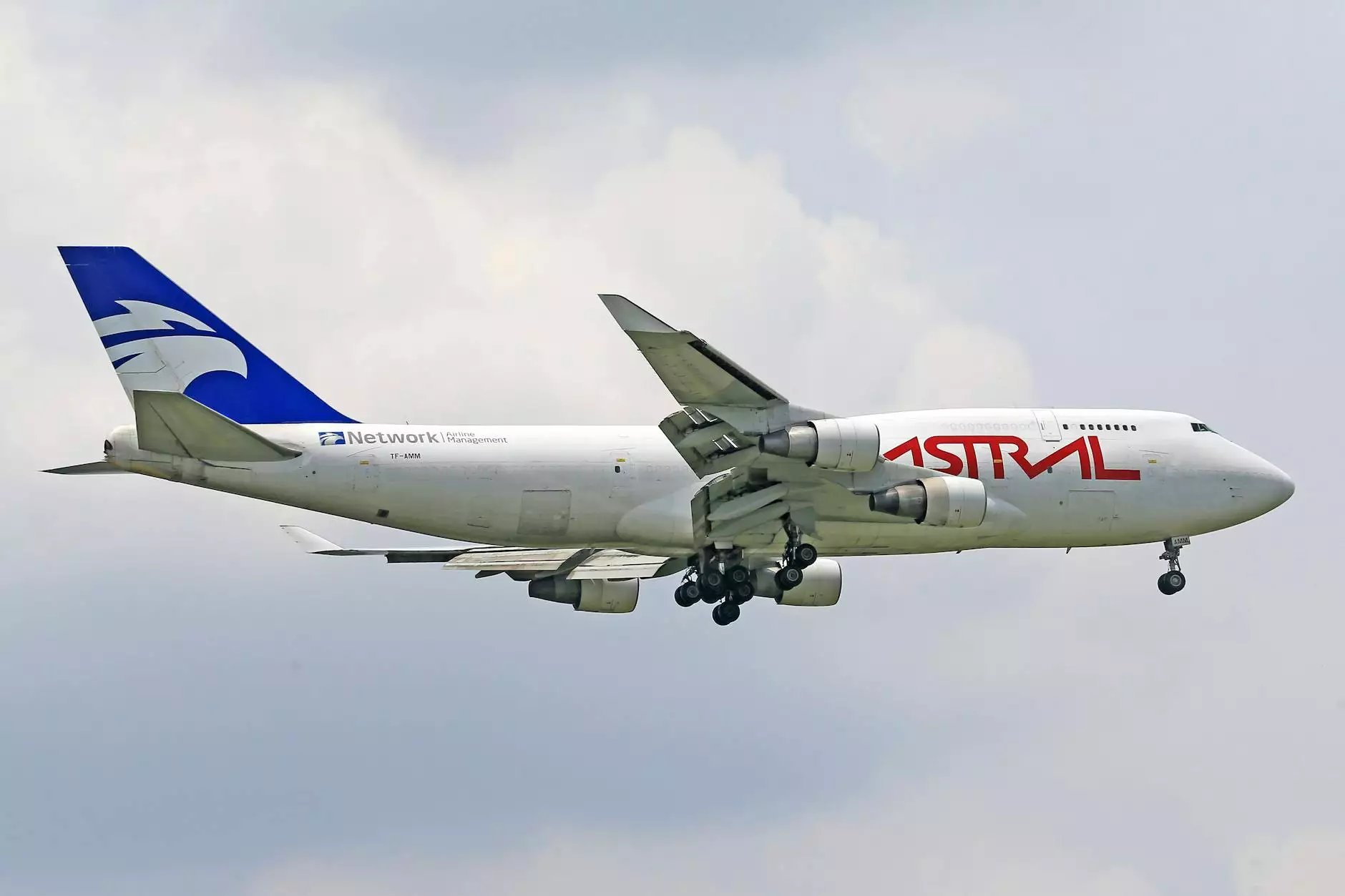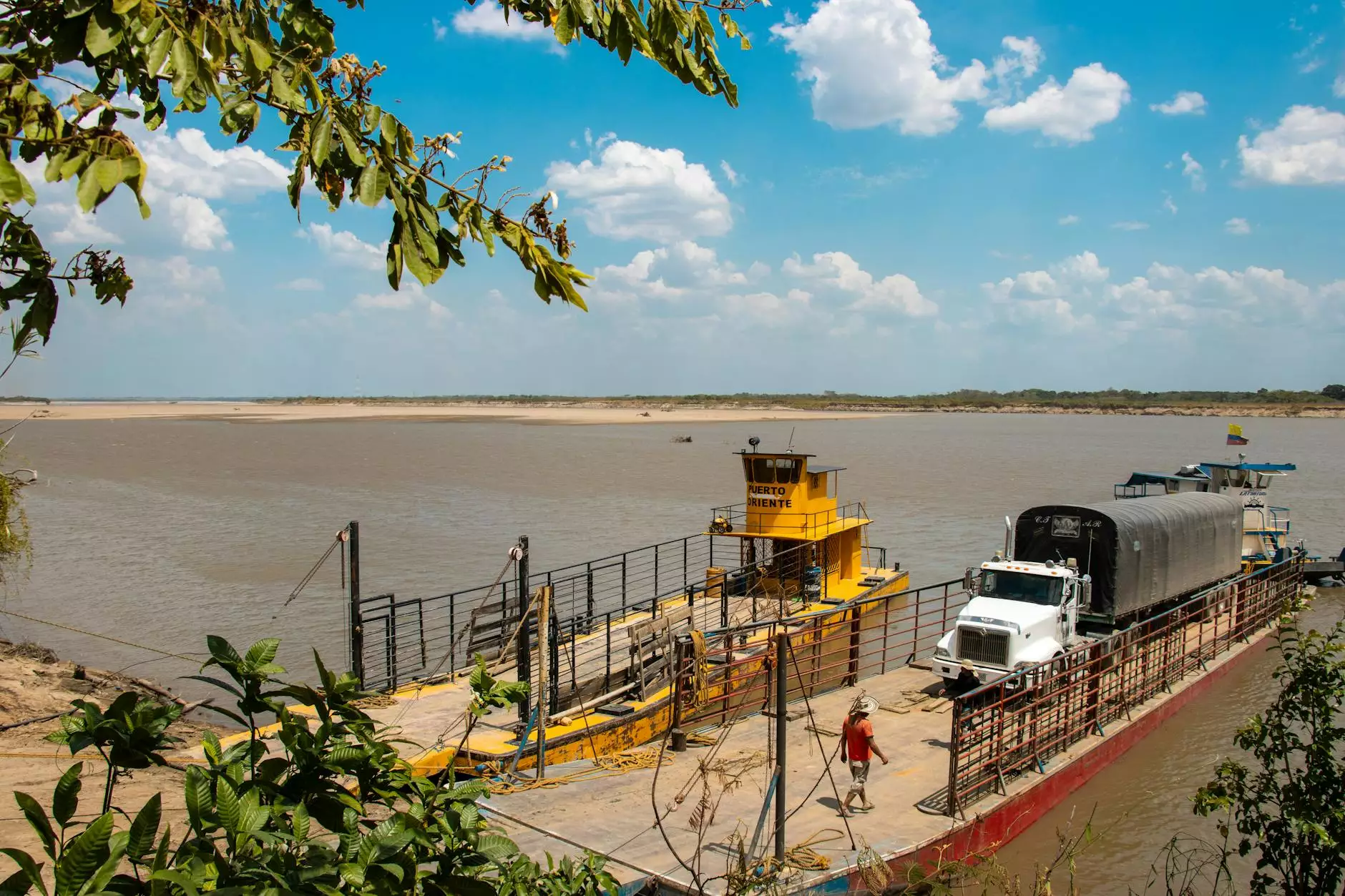Understanding Air Freight Cost Calculation: A Comprehensive Guide

In today’s global economy, air freight is an essential aspect of international trade. Companies rely on this method to expedite the shipping of goods across vast distances. However, understanding the intricacies of air freight cost calculation is crucial for businesses aiming to optimize their operational efficiencies and minimize transportation expenses.
The Importance of Air Freight in Business
Air freight services allow businesses to transport goods quickly and reliably. The speed of delivery is often a critical component of supply chain management, especially in industries like fashion, electronics, and pharmaceuticals, where time-sensitive shipments are commonplace. Thus, understanding how to effectively calculate air freight costs helps businesses make informed decisions regarding logistics and shipping strategy.
Factors Influencing Air Freight Costs
Calculating air freight costs is not straightforward; multiple factors come into play. Below are some of the most significant considerations:
- Weight and Volume: Air freight costs are typically calculated based on either the actual weight or the dimensional weight of the shipment, whichever is greater. This is known as the volumetric weight.
- Distance: The distance between the origin and destination plays a pivotal role in determining shipping rates. Longer distances generally lead to higher costs.
- Type of Goods: The nature of the items being shipped can also affect costs. Hazardous materials or items requiring special handling (like perishables) usually incur higher fees.
- Service Type: Express services are generally more expensive than standard air freight options due to their speed and guaranteed delivery times.
- Seasonal Demand: Air freight rates can fluctuate based on demand. During peak seasons like holidays or special events, prices may surge due to increased freight volumes.
- Carrier Policies: Each air carrier has its own pricing policies, and rates can vary significantly from one company to another. It is advisable to compare carriers to find the best deal.
Understanding Dimensional Weight in Air Freight Cost Calculation
One of the most critical components in the air freight cost calculation process is dimensional weight. Carriers calculate dimensional weight using the following formula:
Dimensional Weight (lbs) = (Length x Width x Height) / DIM Factor
The DIM Factor varies by carrier but is typically 166 for international shipments and 139 for domestic shipments. It’s important for businesses to understand this metric because if the dimensional weight exceeds the actual weight, the higher of the two is used for billing. This can significantly affect your shipping costs and should be a key point of consideration in your logistics strategy.
How to Calculate Air Freight Costs: A Step-by-Step Guide
To accurately calculate your air freight costs, follow these structured steps:
- Determine the Weight: Weigh your package to assess actual weight calculations.
- Measure Dimensions: Use precise measurements for length, width, and height to calculate the volumetric weight.
- Choose Your Carrier: Compare rates from various air freight carriers to find the best price for your shipment.
- Identify Additional Charges: Inquire about all possible extras such as fuel surcharges, security fees, and handling charges.
- Calculate Total Cost: Combine the base freight cost with any additional fees to determine the total air freight cost.
Additional Costs to Consider in Air Freight
While primarily concerned with base freight charges, businesses should also account for other potential costs to gain a clear understanding of the total expenses involved in air freight. These can include:
- Customs Duties and Taxes: Import duties can add a significant amount to the overall costs, depending on the item and destination.
- Insurance: Insuring your shipment can provide peace of mind, safeguarding against potential losses during transit.
- Warehouse Fees: In the event that your cargo must be stored temporarily, warehousing can add to your expenses.
- Fuel Surcharges: Fluctuating fuel prices mean that fuel surcharges can vary, impacting your overall shipping costs.
Strategies to Optimize Air Freight Costs
To maintain a competitive edge, businesses must look for ways to optimize air freight costs. Here are several strategies that can help:
1. Consolidate Shipments
Instead of sending multiple small shipments, consider consolidating goods into fewer, larger shipments. This can reduce costs significantly since air freight pricing often benefits larger volumes.
2. Negotiate Rates with Carriers
Don’t hesitate to negotiate rates with carriers. If you have a good volume of business, many carriers are willing to provide discounts or better rates.
3. Utilize a Freight Forwarder
Freight forwarders have the expertise and relationships necessary to secure better rates and optimize shipping routes. They can effectively manage logistics on your behalf, often at reduced costs.
4. Leverage Technology
Many businesses are now utilizing logistics management software for better visibility into their shipping processes. This technology allows companies to track their shipments and optimize logistics efficiently.
5. Consider Alternative Airports
Shipping from less frequented airports might provide more economical rates, as fees can vary significantly between major and regional air hubs.
Final Thoughts on Air Freight Cost Calculation
In conclusion, understanding and accurately calculating air freight costs is vital for businesses engaged in international trade. By familiarizing yourself with the various factors influencing costs and implementing effective strategies for optimization, you can achieve significant savings in your logistics expenditure.
As a business under the domain cargobooking.aero, providing transparent and accurate air freight cost calculation will set you apart in a competitive marketplace. Use this knowledge to evaluate your options, control costs, and ultimately improve your bottom line.
In today’s interconnected world, optimizing your air freight process is not just about reducing costs; it is about enhancing efficiency and sustaining your business’s growth trajectory. Remember, the earlier you start to analyze and assess your air freight costs, the better positioned you will be to succeed in your industry.









